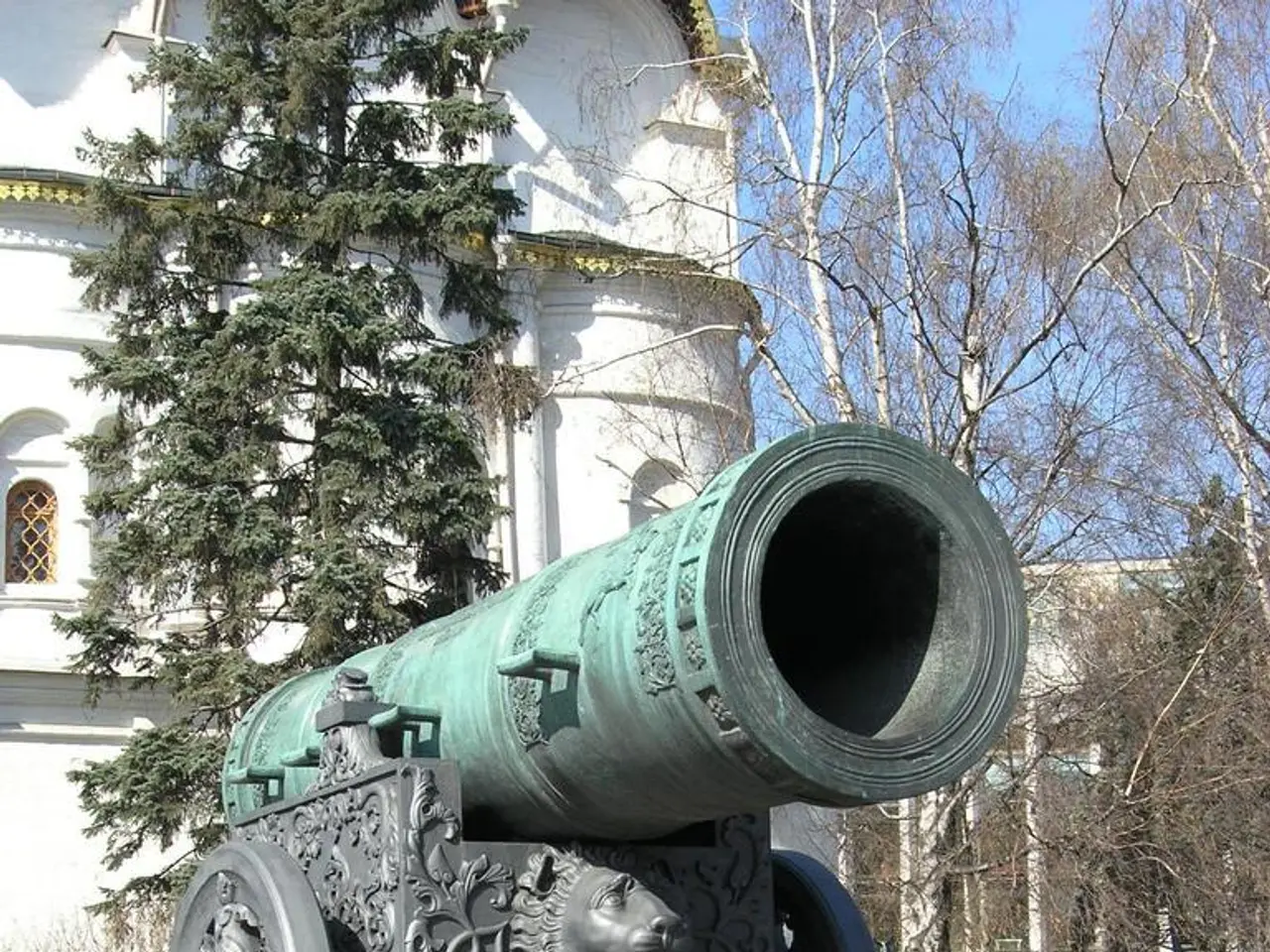"Live on, recalling the defector of Valentin Rasputin"
Valentin Rasputin's seminal work, "Live and Remember," first published in the USSR in 1974, is once again making waves in the literary world. This powerful novel, now being reissued by Noir sur Blanc, offers a poignant exploration of the profound psychological, moral, and social dilemmas faced by ordinary people during and after war.
At its core, "Live and Remember" centres on the story of Andrei Guskov, a soldier who deserts from the Red Army during World War II, and his wife, Nastena, who aids him in hiding. Rasputin masterfully portrays how war disrupts not just physical lives but also the moral and ethical fabric of individuals and communities. The central theme revolves around the destructive consequences of betrayal—both to self and to society—as Andrei's actions bring shame and isolation to both himself and his family. The title *Live and Remember* underscores the expectation that individuals must live with the consequences of their actions, and that memory is both a burden and a redemptive force.
In contrast to much of Russian war literature, which often celebrated heroism and collective sacrifice, Rasputin's novel distinguishes itself by addressing the darker, more personal repercussions of war. The melancholic sadness that permeates throughout the novel serves as a stark reminder of the cost of war on the individual psyche and the rural community. The novel oscillates between what is threatened by oblivion and what is softened by nostalgia, providing a sense of an "eternal situation."
Rasputin's work is notable for its exploration of how ordinary people grapple with moral boundaries under extreme circumstances. The novel portrays the tension between patriotism and survival, individual rights and communal expectations, and the limits of personal responsibility. The fate of Nastena, who ultimately pays with her life for her loyalty to her husband, highlights the plight of those caught between loyalty to loved ones and loyalty to the state.
The new title of the novel, "Live and Don't Forget," aligns with the Russian title, further emphasising the importance of memory in the novel. In Russia, war is often endured by women and children, a fact that is poignantly reflected in the novel. For those seeking a deeper understanding of this "eternal situation," works by Vassili Grossman and Svetlana Alexievich, set in Ukraine, can also provide valuable insights.
Rasputin's approach aligns with the broader "Village Prose" movement, which often depicted rural life with a sense of nostalgia and moral reflection. However, in "Live and Remember," he applies this introspection to the war experience, shifting the focus from glorification of war to a critical examination of its human cost. This shift is significant, marking a departure from the traditional narratives of heroism and sacrifice prevalent in Russian war literature.
In conclusion, "Live and Remember" is a powerful and thought-provoking novel that invites readers to reflect on the weight of memory and the inevitability of judgment—both from society and from within oneself. The novel's reissue serves as a timely reminder of the lasting impact of war on individuals and communities, and the importance of remembering and learning from the past.
Books like "Live and Remember" by Valentin Rasputin offer a compelling exploration of entertainment that transcends generic boundaries, delving into the profound psychological, moral, and social dilemmas faced by ordinary people during and after war. This novel, with its title hinting at the burden and redemptive power of memory, is a poignant commentary on the destructive consequences of betrayal and the cost of war on the individual psyche and rural community.








